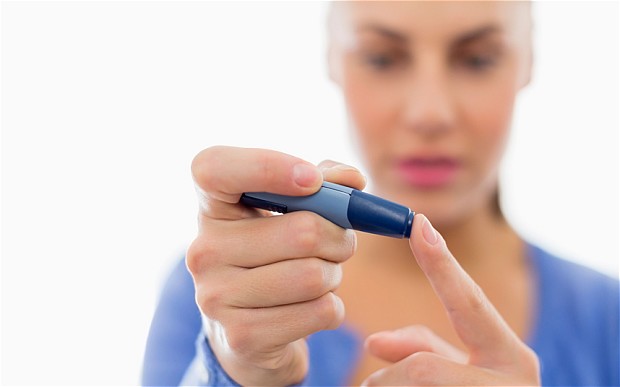
More Good News on the Diabetes Front
April 3, 2014
The Jewish Sound — If you or someone you know has been diagnosed with type 1 diabetes recently, there’s more good news from BGU researcher Dr. Eli Lewis.
The most recent results from phase 1 of Dr. Lewis’s second round of clinical trials showed very positive outcomes similar to the first round of testing — that most of the patient responders in his study treated with the anti-inflammatory drug alpha 1-antitrypsin were able to either become insulin-free or dramatically reduce their insulin use.

Dr. Eli Lewis
“The responders showed one major positive end-point,” says Dr. Lewis, director of BGU’s Clinical Islet Laboratory. “They made more insulin of their own compared to the initial entry levels they had. Considering the disease is typically a down-hill slope upon diagnosis, this is a very encouraging positive parameter.”
Always cautioning against the temptation to call it a “cure,” Dr. Lewis now sounds more like an eager warrior with the enemy in his sights.
“Our reaction is very positive on several levels,” he says. “First, safety and compliance are exceptionally good, which is not so trivial when it comes to combating one of the world’s greatest incurable epidemics.”
Both the younger and older early onset diabetics in the study either stopped or reduced their use of insulin for over two years now with no negative side effects. In October 2013, The Jewish Sound profiled Israel’s consul general to the Pacific Northwest, Dr. Andy David, whose daughter responded very positively to these treatments.
The study was performed in collaboration with a research team from the Barbara Davis Center for Childhood Diabetes at the University of Colorado and published inThe Journal of Clinical Endocrinology and Metabolism.
“We know inflammation plays an extremely important role in the disease,” says Dr. Lewis. “When we receive patients, the inflammatory flare is already in the islets; however, no one knows for sure where it started prior to diagnosis.”
Results showed that treating type 1 diabetic patients with AAT, this time weekly for eight weeks, while injecting healthy pancreatic islets into the patient could be a potential cure.
“Inflammation, according to our findings, is the pivotal obstacle in optimal islet transplantation,” he says.
The 12 study subjects were given an infusion of 80 milligrams of AAT, a drug already FDA approved and used for decades to slow the progression of lung disease and decrease inflammation from smoking, asthma and respiratory infections.
AAT is derived from a natural human blood protein. According to Dr. Lewis, this compatibility is a factor in the study’s positive results.
“Safety first,” he says. “Any drug that’s based on a naturally occurring human protein has an edge over synthetic artificial entities. Secondly, we do see AAT as being a failing part in the course of diabetes, so we consider this approach an augmentation of AAT in patients that have non-functional AAT.”
Lewis said the next three clinical trials will include at-risk and recently diagnosed subjects and he will concentrate on finding the optimal AAT dosage amounts needed to achieve the most insulin reduction in the study subjects.
If AAT is proven to be effective in eliminating and lowering the need for insulin in type 1 diabetic patients, Lewis said it would most likely be two years before AAT could be approved for on-label use by the FDA.



